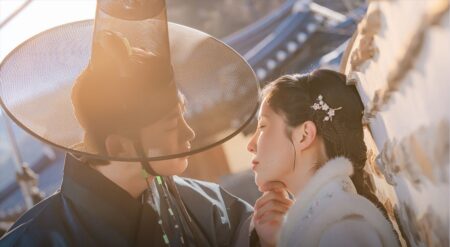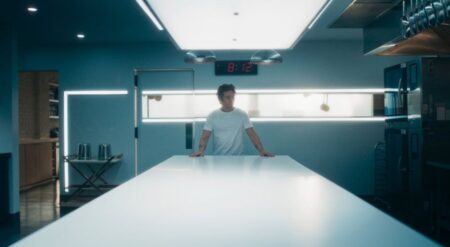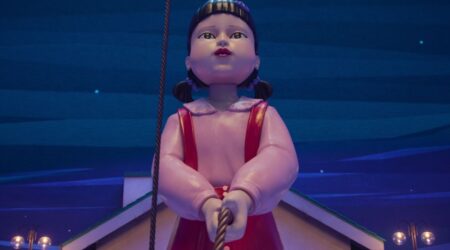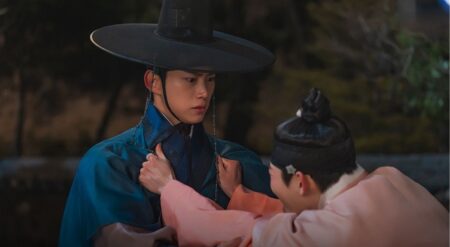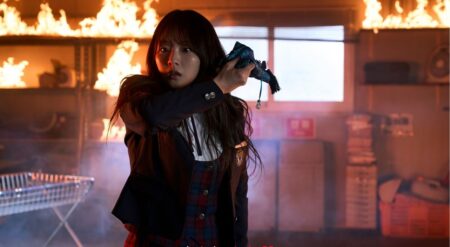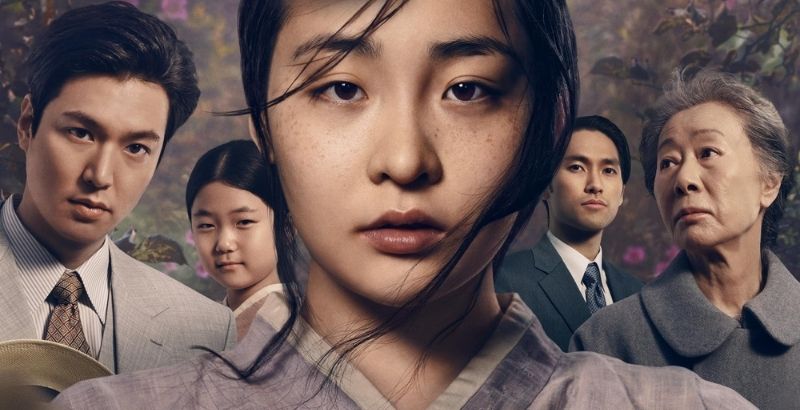
Television dramas are a dime a dozen, family dramas too. But then there are series that push storytelling to a new level, and that’s Pachinko. An AppleTV+ Original, Pachinko is written and executive produced by Soo Hugh, who created the series and serves as showrunner. Additionally, Kogonada and Justin Chon are executive producers and directed four episodes each. The 8-episode series stars Youn Yuh-jung, Soji Arai, Jin Ha, Inji Jeong, Minha Kim, Lee Min-Ho, Kaho Minami, Steve Sang-Hyun Noh, Anna Sawai, and Jimmi Simpson.
The highly anticipated series, based on the novel by author Min Jin Lee, chronicles the hopes and dreams of four generations of a Korean immigrant family. The story begins with forbidden love and crescendos into a sweeping saga that journeys between Korea, Japan, and America. Not only is this a story of what happens once a family has immigrated, but Pachinko also dissects what forces the immigration—poverty, societal standing, and ultimately the occupation of Korea by Imperial Japan.
By looking at Japan’s colonial violence through one family, Pachinko is able to trace colonialism’s impacts from large to small. Jumping through time and place, the series never loses focus, seamlessly blending the past and present before looking to the future. The series explores ideas of assimilation, identity, the diaspora, colonial violence, family, and the responsibilities that comes with it.
Pachinko’s ability to tell a story across generations also relies on the deft use of multiple languages. By color-coding the English subtitles and choosing when to omit them for the narrative, Pachinko is able to craft ideas of home, belonging, anxiety, and just about everything else through language alone.
With Japanese colonialism at the center of this Korean story, the choice of language in each scene carries a weight that adds to the atmosphere, drama, and most importantly the emotions that are being highlighted.
Pachinko is a strong series because of its story, but it’s an unforgettable series because of its actors. Lee Min-ho is a charismatic and intimidating force on-screen as Koh Hansu. Steve Sang-Hyun Noh as Isak is kind and gentle wind blowing through Sunja’s life.
Solomon is the success of Sunja’s family, ambitious and unintentionally vulnerable, Jin Ha brings a homesickness and growth that stands out. Solomon carries the weight of his family on his shoulders. He holds up their dreams and is the person they have all been working towards. Through him, we see the struggle of being Korean in America when he faces racism there, and we also see the bigotry from his Japanese colleagues and friends despite spending his life in both countries. But it’s Sunja who makes Pachinko one of the best series of all time.
Played by Minha Kim in the 1930s, and Youn Yuh-jung in the 1980s, Sunja is the core of this family story. The world moves around her, and she moves through it. She suffers a loss, gains love, and ultimately learns to dull the ache of leaving Korea by reconnecting with the past she didn’t think she could reconcile. Through her and the other women of the series, we see a look at motherhood and the special kind of pain that immigrant women carry in a world doubly not built with them in mind.
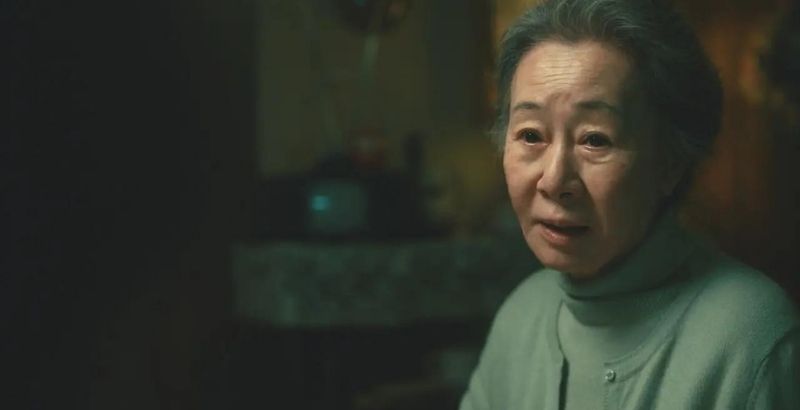
Through Sunja, Pachinko handles issues of gender, immigration, and identity. Her choices and the impact of the world on her ripple through her family, ultimately tying her struggle to that of her grandchildren in ways that even decades of change couldn’t correct. More importantly, though, Pachinko shows where the generations meet, where they push each other, and how they learn, too.
But while there is great sadness in the series there is also a moving force of resiliency and reckoning there too. A healing journey with depths that leave no stone unturned, Pachinko is a masterful look at family and the histories that every parent and child holds in them. Unraveling generations is no easy task, and this series manages to do it in a narratively and thematically cohesive way.
Pachinko has become the new standard for television. Its time-jumping format had a dynamic edge and seamless flow that triumphs where others falter. The relationships between characters as they grow are now my baseline to judge dramatic long-form series. Epic in scope but intimate in its execution, nothing tops the emotive beauty of Pachinko.
Pachinko Season 1 releases weekly episodes beginning March 25, 2022.
Pachinko
-
Rating - 10/1010/10
TL;DR
Pachinko has become the new standard for television… Epic in scope but intimate inexecution, nothing tops the emotive beauty of Pachinko.

